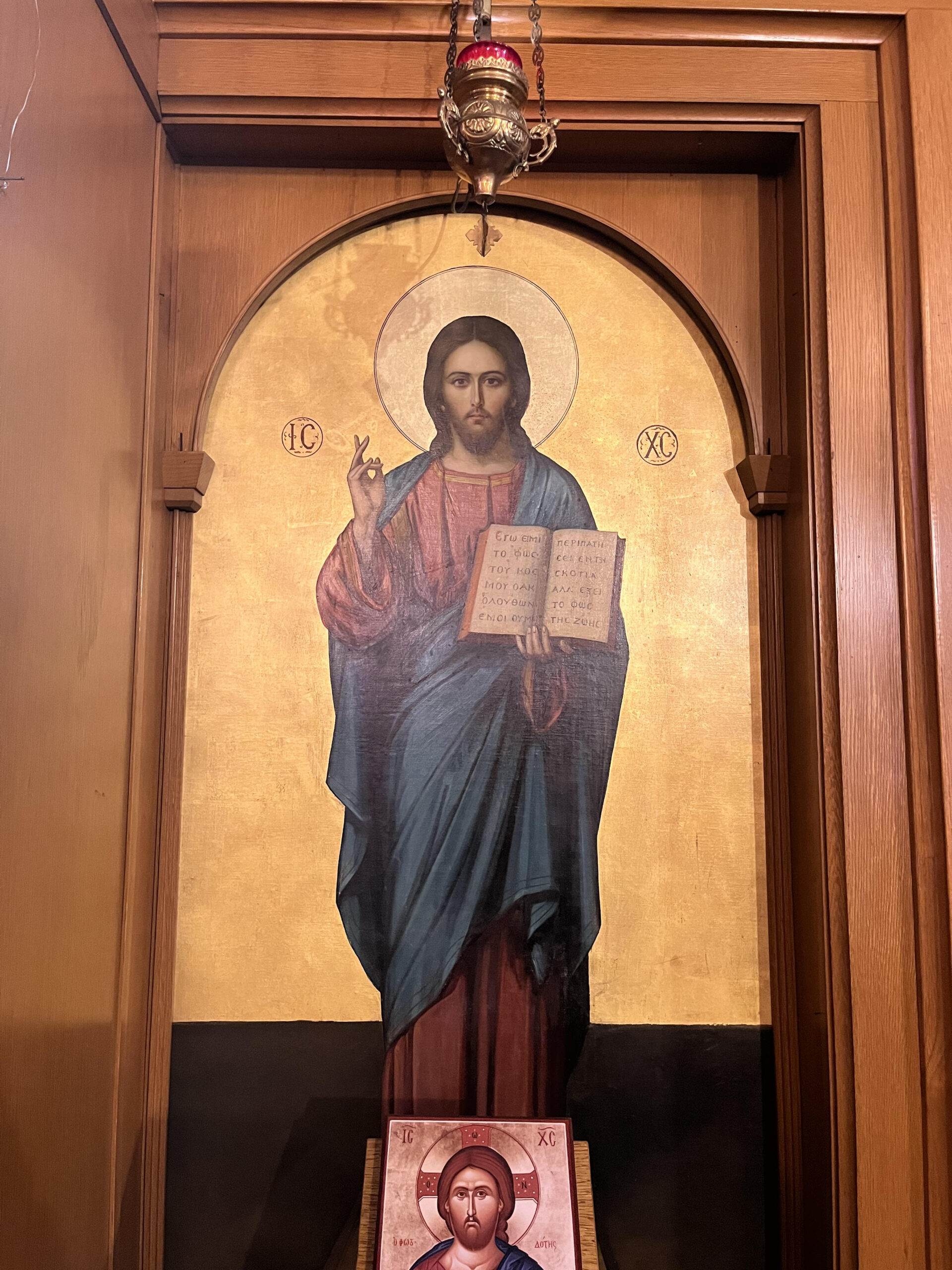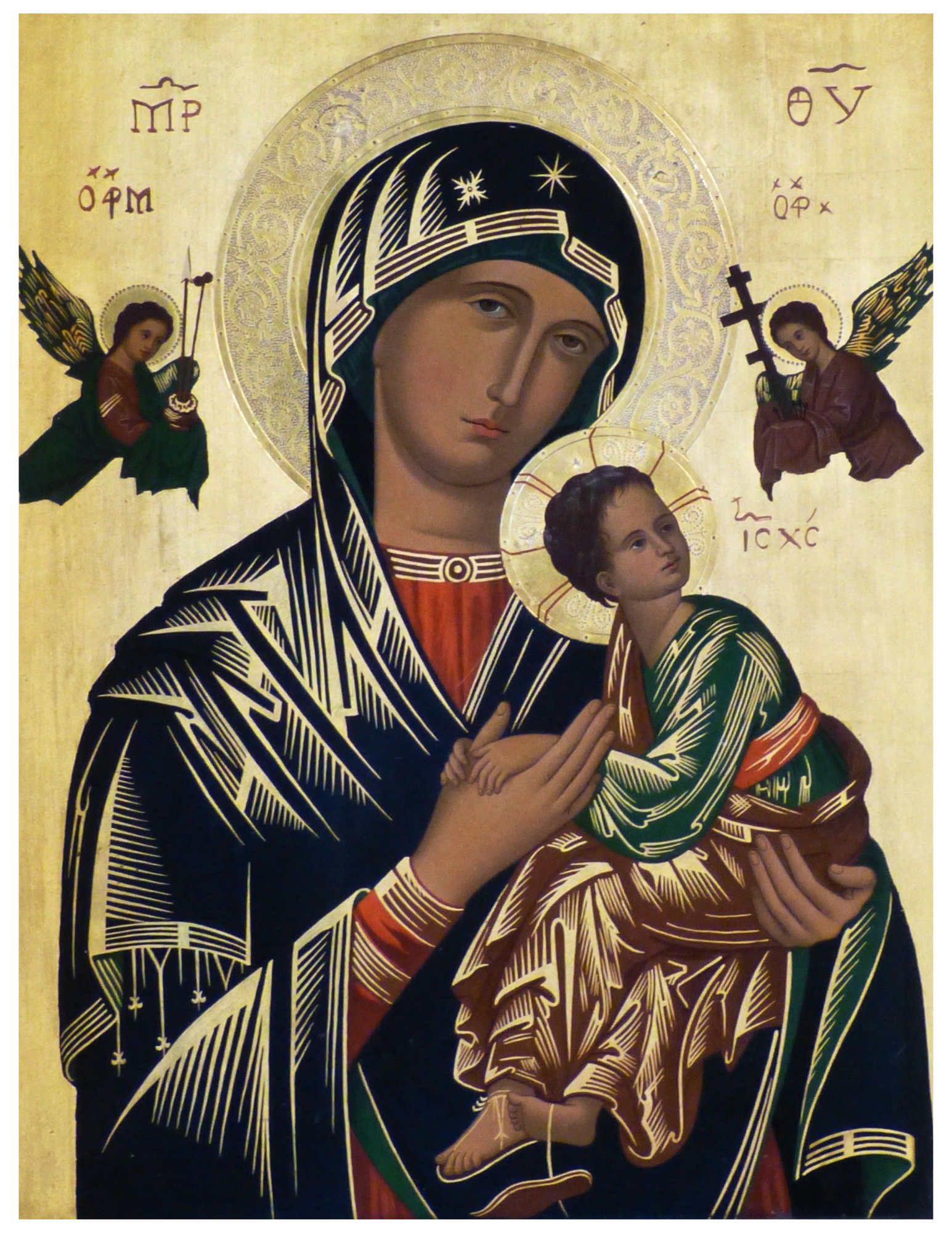At that time Jesus said, “Hear another parable. There was a householder who planted a vineyard, and set a hedge around it, and dug a wine press in it, and built a tower, and let it out to tenants, and went into another country. When the season of fruit drew near, he sent his servants to the tenants, to get his fruit; and the tenants took his servants and beat one, killed another, and stoned another. Again he sent other servants, more than the first; and they did the same to them. Afterward he sent his son to them, saying, ‘They will respect my son.’ But when the tenants saw the son, they said to themselves, ‘This is the heir; come, let us kill him and have his inheritance.’ And they took him and cast him out of the vineyard, and killed him. When therefore the owner of the vineyard comes, what will he do to those tenants?” They said to him, “He will put those wretches to a miserable death, and let out the vineyard to other tenants who will give him the fruits in their seasons.” Jesus said to them, “Have you never read in the scriptures: ‘The very stone which the builders rejected has become the head of the corner; this was the Lord’s doing, and it is marvelous in our eyes’? Matthew 21:33-42 (Gospel from Thirteenth Sunday of Matthew)
Today’s parable, from the Gospel of Matthew, was told by Jesus, in the temple in Jerusalem, after His entry into Jerusalem on Palm Sunday. This parable was told not to the crowds of people but to the chief priests and Pharisees. In the parable, Jesus talks about a householder who panted a vineyard, lent it out to tenants and went into another country. The householder is God, the creator of the world. The vineyard is the world. The tenants are the Jews, the people God chose to tend His vineyard. The chief priests and the Pharisees are the leaders, those most responsible for spreading God’s word among the Jewish people.
The use of the word “tenant” is intentional. The temple “elite” had some sense of almost “ownership” of the temple, as if it was “theirs” and ceased being “God’s.” A tenant is a)not an owner, and b)not permanent. No one is permanent, even owners are not permanent, as life for all of us is temporary.
The “season of the fruit” refers to harvesting what God has planted. God planted seeds of love when He created the world. He hoped to receive matured love from His tenants. When He went to harvest the love that He had sowed, He did so by sending “His servants” to the tenants. The servants were the Prophets, people like Moses, Elijah, Isaiah, Jeremiah, Daniel, and John the Baptist. The Jewish leadership had a hard time acquiescing to the authority of the prophets and treated the prophets poorly. The Lord sent more servants, more prophets. A steady line of Prophets from the time of Abraham until the time of Christ could not successfully turn the people to God, and harvest the fruit of love.
God, then, decided to send His Son, as we hear in the Parable, thinking that “they will respect my Son.” Jesus continued in the Parable telling the priests how the tenants decided to kill the son. This was foreshadowing His own death, now only days away. He knew that they were going to take him, throw Him out of the temple and kill Him.
Jesus asked them, continuing to use the parable, “When therefore the owner of the vineyard comes, what will he do to those tenants?” The chief priests and Pharisees agreed that the vineyard owner would throw the tenants out of the vineyard and lend out the vineyard to new tenants. They didn’t realize that Jesus was talking about THEM. That they would be thrown out of the temple and would no longer be the leaders of God’s people. Instead others would take the lead, including Gentiles.
He prophesied that “The very stone which the builders rejected has become the head of the corner.” This fulfilled what was spoken of in Psalm 118:22, that the people would reject Him, Jesus Christ, the Son of God, the cornerstone of the temple and of the world. The Gospel concludes with verse 42. However, if we continue on to 21:43, we read “Therefore I tell you, the Kingdom of God will be taken away from you and given to a nation producing the fruits of it.” This was a warning that the Kingdom of heaven will go to the responsible tenants, who have honored the Lord’s vineyard, and have produced for Him a harvest of love. And this “nation” was not only the Jewish nation but any nation, Jewish or Gentile, that produced a harvest of love for God and for neighbor.
The lesson of this Parable at the time, was an indictment of the Jewish leadership and an invitation for the Gentiles to be responsible and faithful tenants of the vineyard. The lesson for today is that we are tenants in God’s field. Each of us has a vineyard and a supply of grapes to harvest—We are to harvest them using our unique talents and gifts, we are to harvest other Christians for the Lord, and we are to harvest love in and with those around us. There is punishment for those who are not good tenants, and there is reward for those who are good tenants.
O Savior, immortal as You are, from Hades You rose, * by virtue of Your own resurrection raising Your world * together, O Christ our God. * Mightily You have broken death’s dominion, O Master. * You as the Lord of mercy showed to all the resurrection. * We therefore glorify You who alone love humanity.(First Resurrectional Kathisma of the second set, Fourth Tone, Trans. by Fr. Seraphim Dedes)
Be a good “tenant” in your vineyard today!

